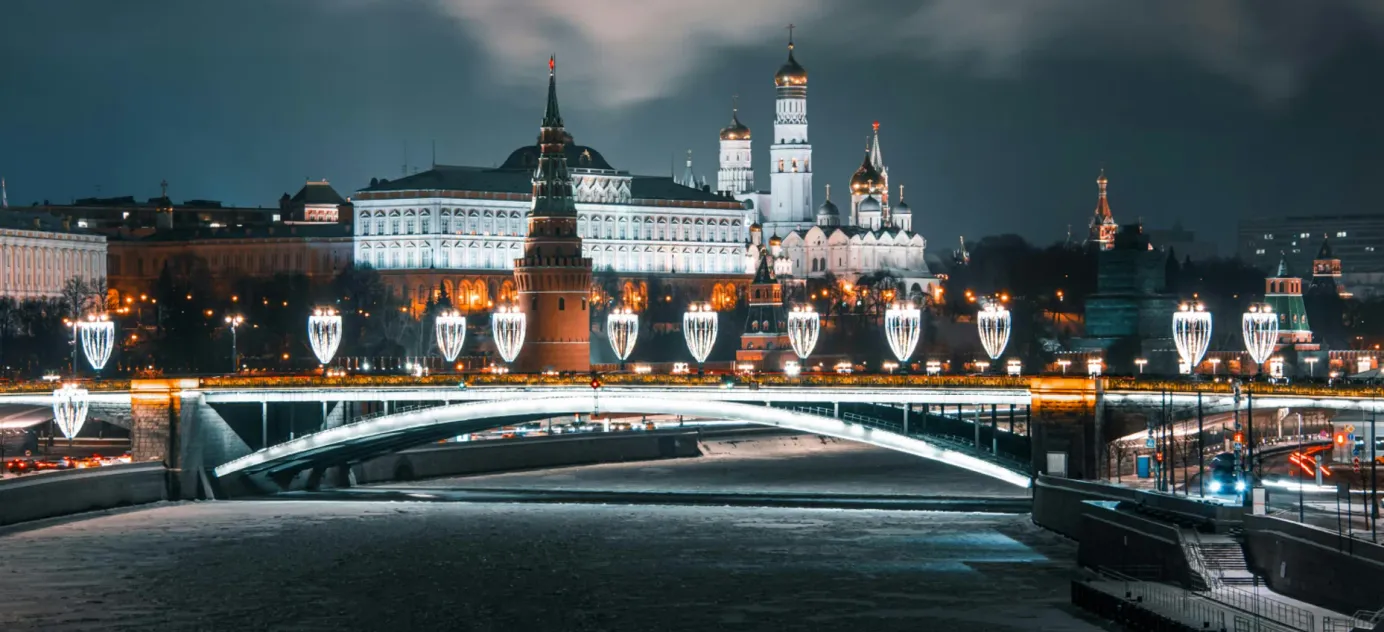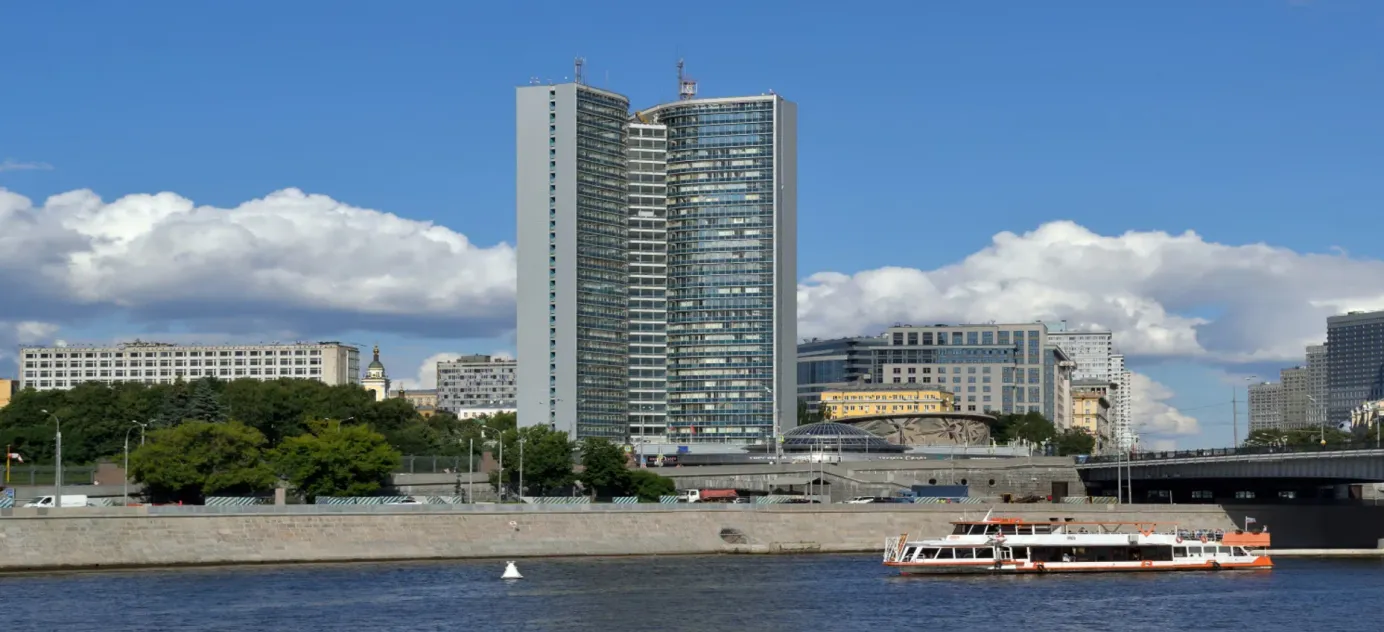
Outlawing Russia’s LGBT+ community and its advocates
The Russian authorities have been persecuting and discriminating against the country’s LGBT+ community for many years. Last week that campaign escalated once more, as the LGBT+ community and their supporters were effectively outlawed under repressive legislation against “extremist” movements and organizations. It was the biggest blow since Russia introduced its “gay propaganda” law and the authorities first began to mount an official anti-LGBT+ campaign a decade ago.
- In order to put in place a de facto “ban” against LGBT+ people and their supporters, Russia’s Supreme Court used a tried and tested mechanism previously deployed to outlaw other non-existent organizations — designating them “extremist”. The label effectively allows the authorities to identify anyone they like as a “member” of the “extremist organization,” and punish them accordingly, including for the distribution of symbols and images they deem to be associated with the organization.
- Russia’s Supreme Court has previously used the designation against movements such as AUE, an informal subculture based on prison culture that was accused of pushing teenagers into crime. In 2022, amid a wave of school shootings, the court branded the “International Columbine Youth Movement” a terrorist organization. Neither of those “organizations” existed in any formal sense. This time round, it was the non-existent “International Public LGBT Movement” that was banned as “extremist,” following a request by the Justice Ministry. Details of the court ruling have not been made public and the hearing was held in secret. The verdict comes into force on January 10, 2024.
- In general terms, the ruling means that LGBT+ people who do not hide their identity could be punished. Under Russian law, courts are supposed to determine exactly what activities, symbols and language are associated with “extremist” organizations and they are to be banned accordingly. There is no official list, but the Mash Telegram channel, which is linked to the authorities, published extracts from the lawsuit suggesting that the ban would include a rainbow without a light blue arc, patches and badges on clothing, parades, rallies, processions, parties and “anything else that could identify the wearer as a representative of the LGBT community.” The day after the ruling, security forces raided a number of gay clubs in Moscow.
- If the courts officially recognize rainbows or the rainbow flag as an extremist symbol, displaying them would result in an administrative penalty — a short jail sentence or small fine — for a first offense. Repeat offenses could trigger a criminal charge with a fine up to $11,000 or up to four years in jail.
- LGBT people will not be prosecuted for their private activities, but could well be targeted for any public activity deemed to be political, lawyers say. Experts say the court ruling does not represent a return to the Soviet-era law against “sodomy,” which was removed from Russia’s criminal code in 1993. “The state cannot prevent LGBT+ people from existing. However, the authorities are trying to remove the LGBT community from the public sphere, and restrict their access to help from lawyers, psychologists, and social workers who can assist them in relation to violence based on sexual identity or gender identity,” lawyer Maxim Olenichev told The Bell.
Why the world should care:
Ten years ago, Sergei Naryshkin — then speaker of Russia’s lower house of parliament, now head of foreign intelligence — stood on the rostrum at the Council of Europe’s Parliamentary Assembly, praising Moscow’s gay clubs and inviting European parliamentarians to visit the Russian capital’s thriving gay scene. A decade later, Russia’s Supreme Court has officially given the security forces carte blanche not only to persecute LGBT+ activities, but also to go after anyone associated with the LGBT+ community, regardless of whether they are engaged in activism. The first consequences of this move are already evident — raids on gay clubs and heads of human rights organizations that support LGBT+ people being forced to leave Russia.





